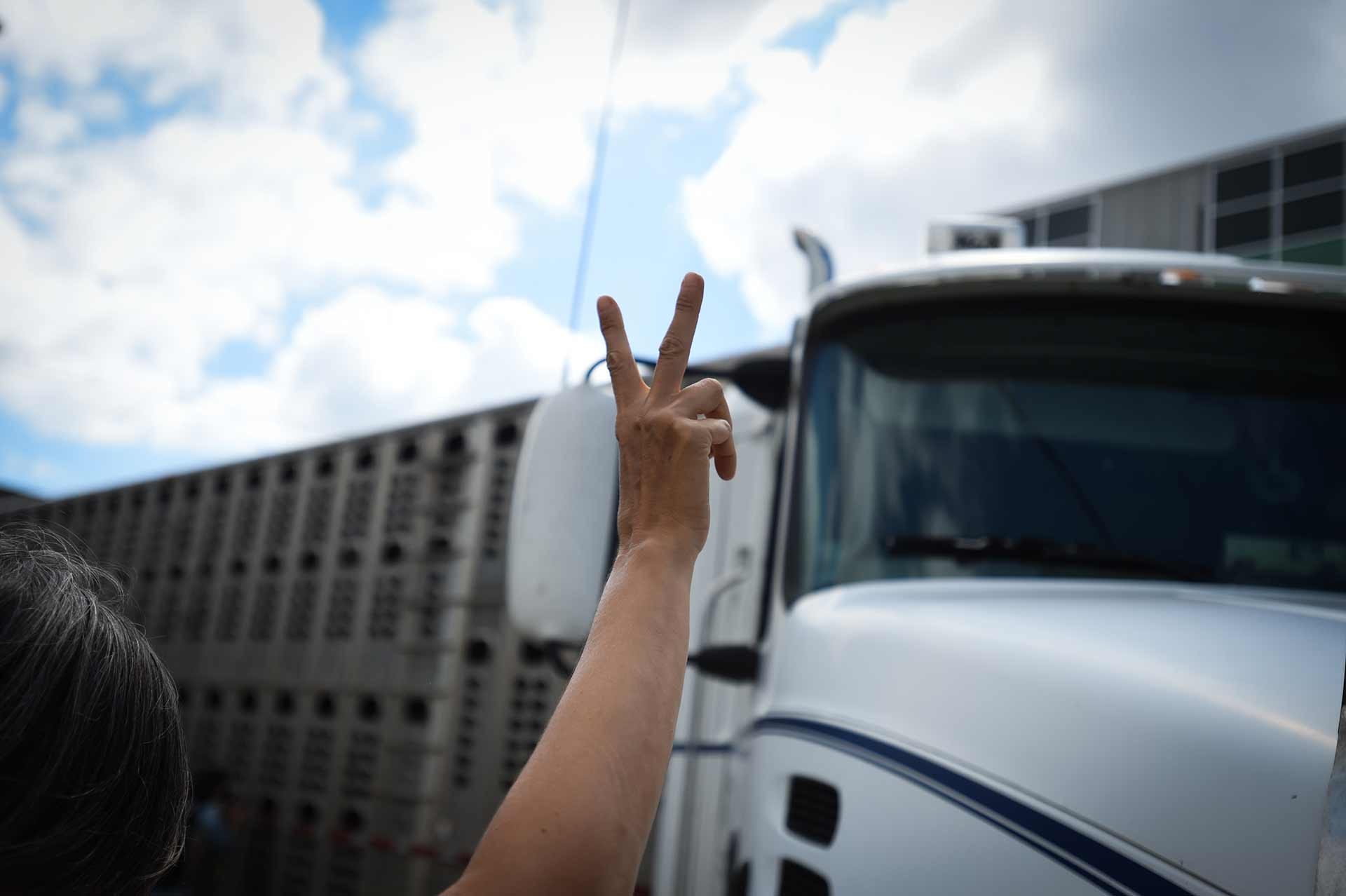
Originally published on Everyday Society, British Sociological Association; photo by Jo-Anne McArthur.
Since it began to gather momentum at the turn of the 21st century, the sociological study of animals and society has struggled for legitimacy. Although some sociology programs are beginning to provide courses on human/nonhuman relations, they remain sparse and elective. Academics and graduate students who specialize in the subfield have expressed experiencing considerable stigma (nearly half of animal studies scholars according to a recent study) (O’Sullivan et al. 2019). In graduate school, my own advisor suggested that I downplay my animal focus and sell myself as a social movement scholar. Publishing is no less frustrating, as any topic even remotely related to animals is subject to redirection by editors and reviewers to Society & Animals, arguably the journalistic ghetto for animal scholars where no one in mainstream sociology would realistically ever come across our research.
The devaluation of our work frankly boggles my mind. The climate change crisis worsens by the day with each record-breaking temperature, each melted iceberg, and each species lost to extinction. This is a crisis brought on, to an enormous extent, by animal agriculture via the heavy production and utilization of oil, soybeans and other fodder, water, land, transportation, and other resources necessary to sustain meat, dairy, eggs, and other animal products. Researchers are also pointing to this strain on the environment as the reason for shrinking wild spaces and subsequently greater contact between humans and free-living nonhuman communities. As COVID-19 and hundreds of other zoonotic diseases have demonstrated, humanity’s oppressive relationship with other animals is not only dangerous for nonhumans, but for humans as well (particularly vulnerable folks such as the very young, the elderly, those with disabilities, those living with limited material means, etc.).
Perhaps the COVID-19 crisis will finally bring home the fact that human societies are deeply and consistently shaped by our relationships with other animals. The pandemic has disrupted all that sociology holds dear, from major social institutions to the most minor of social interactions. As such, sociologists cannot afford to continue ignoring and devaluing the nonhuman factor in human social life. At the policy level, the task is formidable, but as the global response to COVID-19 has indicated, big change can happen fast when the impetus is there.
Governmental bodies will need to cease subsidizing animal agriculture and other animal-based industries, which are both unsustainable and inherently violent to animals and the earth on which we all reside. Instead, agricultural agencies will need to immediately begin transitioning farmers toward sustainable, plant-based production. Neo-colonial practices that spread Western dietary practices, entrench colonial regions in animal agriculture, and fan food insecurity must be challenged. Much of the non-Western world has traditionally relied on plant-based consumption, a diet that has been gradually undermined by Western capitalist expansion. Now is the time to reimagine our relationship with other animals and critically reassess our consumption patterns.
For sociologists, we must begin to include nonhumans in our research, not just as variables, but as sentient beings who, like ourselves, have a stake in our society’s present and future. At the very least, we can begin to lend support and recognition to the study of animals and society, as it will only grow more pressing in the coming years.
Corey Wrenn, PhD
Chair, Animals & Society Section of the ASA
Lecturer in Sociology, University of Kent
References
O’Sullivan, S., Y. Watt, and F. Probyn-Rapsey. 2019. “Tainted Love: The Trials and Tribulations of a Career in Animal Studies.” Society & Animals 27 (4): 361-382.
Thank you for this article. It is really interesting. We need a revolution in education when it comes to other species and society. The way to bring about a fundamental change in our society is for us to transition from animal agriculture to a plant based agriculture just as you stated in your article. That process would change the relationship between human animals and other animals. The human species is in a serious downward trajectory. Veganism could reverse the situation.